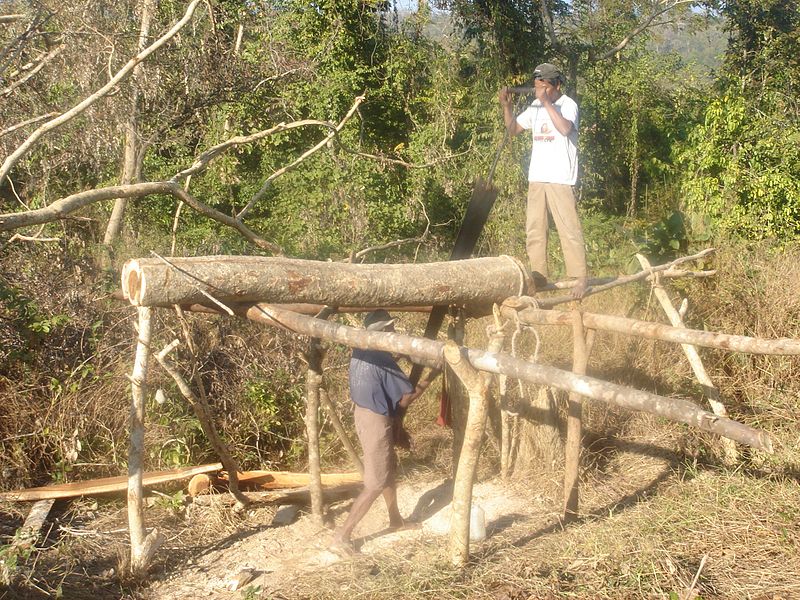
Sweden has prosecuted an importer and trader of Myanmar teak under a European Union rule that bans placing illegal or high-risk wood on the EU market, according to information from the NGO Environmental Investigation Agency (EIA).
An EIA statement yesterday announced that a Swedish Forest Agency investigation found Almtra Nordic could not demonstrate who had harvested their timber or where it was cut prior to purchase from its supplier, the state-operated Myanma Timber Enterprise (MTE). According to a Swedish court, the MTE’s documents did not adequately prove the legality of the timber all the way through the supply chain.
Almtra Nordic was reportedly fined 17,000 Swedish kronor (US$1700) and has received an injunction preventing it from placing Myanmar teak on the EU market unless it can identify and mitigate the high risks of illegality involved.
According to the EU Timber Regulation [EUTR], which came into force in 2013, companies must demonstrate due diligence to ensure they are not importing illegally logged wood.
The legal case, which involved a year of injunctions and appeals, comes weeks after the EIA formally reported nine teak traders for similar offences across five European countries.
“The Swedish courts have agreed that documentation currently provided by MTE does not satisfy the requirements of the EU Timber Regulation, setting a precedent which all EU member states should follow,” said EIA forest campaigner Peter Cooper.
“The ruling means no Burmese teak can be legally placed on the EU market until the Myanma Timber Enterprise addresses illegality and transparency within the supply chain,” Mr Cooper said.
“This is a key test of Europe’s resolve to enforce a piece of environmental legislation central to EU forests and climate policy.”
According to EIA’s statement, traders who purchase Myanmar timber products often use a “green folder” to demonstrate that their purchases comply with Myanmar’s forest laws. The folder, which is put together by the Myanmar Forest Products Merchants Federation, typically includes permits issued by the Myanma Timber Enterprise, the only official purveyor of Myanmar wood. However, according to the Swedish courts, the green folder is not enough to comply with due diligence under the EUTR, particularly in that it does not completely trace the supply chain from forest to point of export.
The ruling was heralded as a legal precedent that will set the EU import bar at a higher standard.
Deputy general manager of the Myanma Timber Enterprise U Aye Cho Thaung said he was not yet familiar with the Almtra Nordic case.
Barber Cho, secretary of the Myanmar Forest Certification Committee, told EIA that work is already being done to ensure the legality of Myanmar timber exports.
“The MTE is working on improving data systems so that information on traceability becomes more readily accessible. After Myanmar’s current logging moratorium, all timber extraction will be the sole responsibility of MTE, so there will no longer be any question over who has the right to harvest,” he said.
Myanmar is currently under a national logging ban that will run until the end of March 2017. During the ban, the country is meant to only rely on stockpiled timber.
The ban was put in place earlier this year to staunch one of the world’s worst deforestation rates.
According to the United Nations Food and Agriculture Organization, Myanmar lost 3.2 million hectares of forests and about 10.8 percent of its forest cover between 2010 and 2015. Only Brazil and Indonesia fared worse.
Source: Myanmar Times

